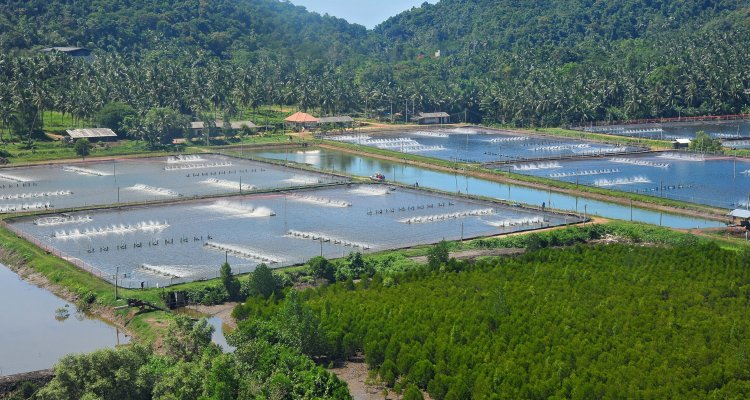
Project
The impact of area-based management on the feasibility of yield insurance for Southeast Asian aquaculture
Can area-based management (AM) enhance risk transfer to support sustainable aquaculture? The instability of aquaculture production is caused by key production risks. In addition, there is also inadequate data on production yields to come to a clear picture on how variable production actually is. The result has been a systemic lack of insurance available to aquaculture farmers which would allow them to cope with the consequences of production losses.
The question is whether risk made more legible if measures at a wider spatial scale, also taking into consideration the dependence of farm level risk on the wider landscape within which it operates. This research project identifies the potential benefits of AM approaches to enable the role of insurance in aquaculture. In doing so, the study assesses the impact of AM on the feasibility of yield insurance in Southeast Asian aquaculture. Starting from understanding the farmer’s perception of risk and risk management in different aquaculture production systems, this study assesses the farm yield data and the quality of the existing data information. It then compares the differences in systemic nature of risk between AM with non-AM. Finally an evaluation on the willingness of insurance companies in engaging into AM approach will be conducted. In doing to the study applies principal-agent theory to provide new insights reducing asymmetric information at management scales beyond the farm. The results will contribute to a wider understanding of sustainable aquaculture development from the perspective of risk transfer institutions, and in doing so will provide guidance to insurance companies of varying types to extend risk services in the sector.